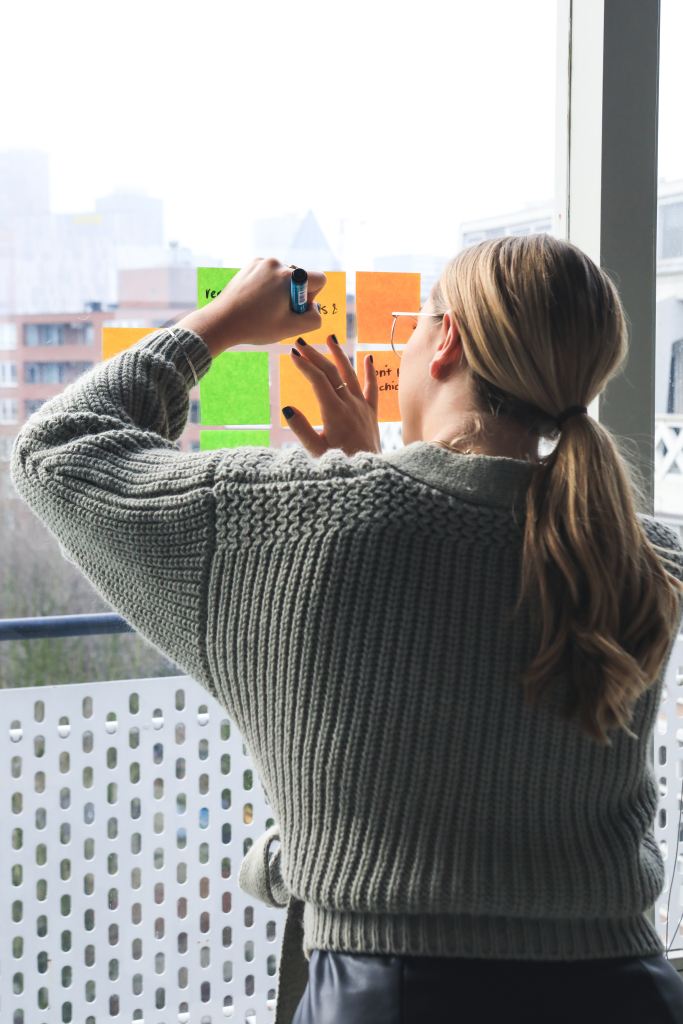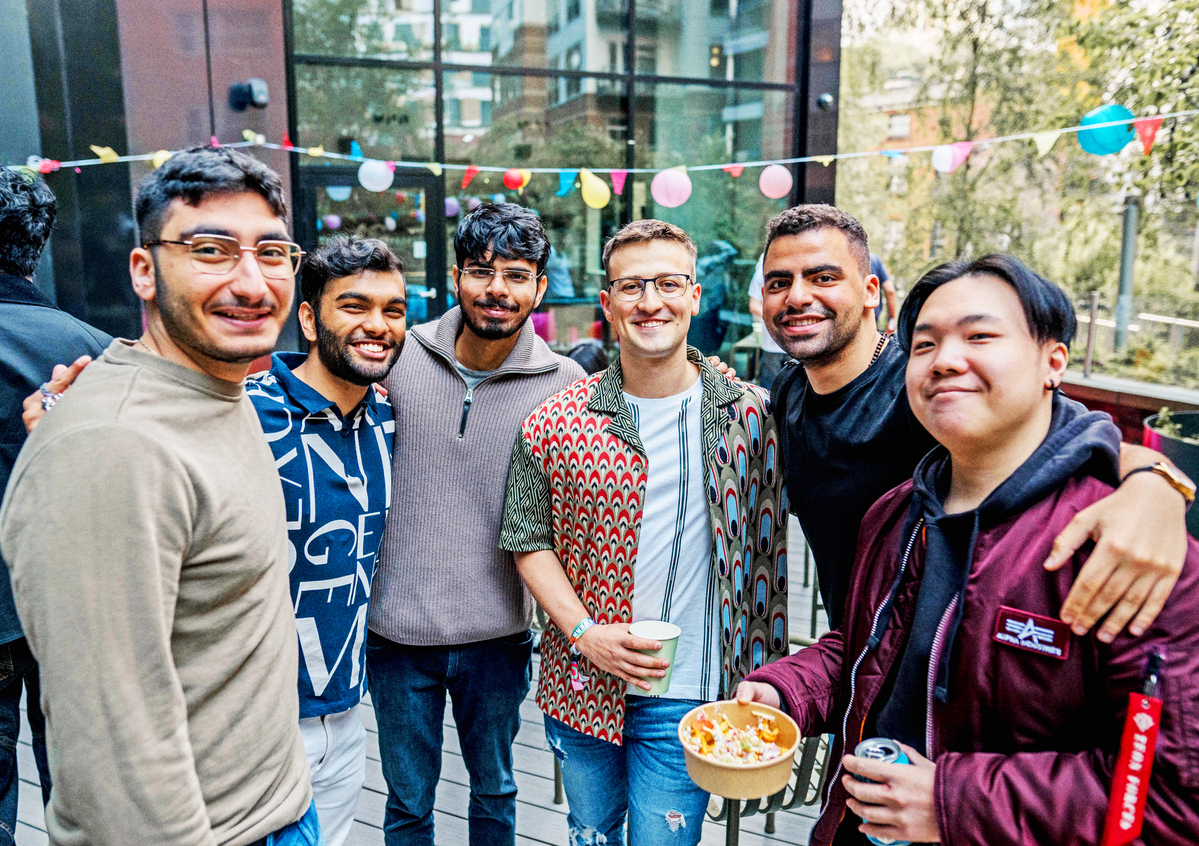Congrats on landing a job interview. – it is no small feat. Job interviews are high stakes for your job hunt because the employer is assessing your suitability, not just regarding your technical/hard skills, but for your overall personality and culture fit. Here’s a guide to help you prepare for a job interview with tips from our career experts at Student Circus.
After applying for a job, the best outcome you can hope for is getting a callback for an interview or further assessments in the hiring process. Usually, these steps include one or more interviews. Some are conducted virtually or on the phone, and others are organised in person. These interviews can be conducted in different formats—whether on the phone, video, or in person. No matter what format, preparing for a job interview is crucial to make a positive impression.
In this blog, we share the types of interview formats you should expect and the top 10 tips to help you prepare for your job interview.
Types of interview formats
In larger companies, you will have multiple rounds of interviews, whereas smaller employers keep their hiring process short, limited to one interview round. The most popular interview formats include:
phone screening
A Phone Screening is a short interview where the hiring manager asks you questions to help them weed out unsuitable candidates for the role. It is like an elimination round for the job. The interviewer — usually an HR/people team associate or the hiring (line) manager asks you simple questions to see a fit or match between the company & role on the one hand and the candidate & their expectations on the other.
Phone screens are mostly not scheduled. Shortlisted candidates from the screening round move on to the next stage of the application process, which is either an online test or a video interview.
Phone Interviews
Phone interviews are more in-depth conversations, are often scheduled in advance, and dive deeper into job-related questions. These questions are more than a filter (like the phone screens) as they give the candidate space to share more about their experience, skills, and qualifications. It is more subjective and the interviewee is expected to share examples of past experiences and education.
A typical phone interview will last 20-30 minutes.

Video Interview
In the most common form of video interview, questions appear on the screen (or on an app). You read each question and then record your response. In most cases, there is a time allocation for each response (usually between 1 to 3 minutes), and you have around 30 seconds after reading the question to prepare the response.
In other types of video interviews, you may be virtually seated across an interviewer (or a panel) over a Zoom call, live. They will ask you questions and follow-up questions, but at this stage, they mostly follow a template. Most interviews last 20-40 minutes.
Face-to-face interview
The traditional method of interviewing is often the last. If you have passed all other rounds, you will be invited to the employer’s office and have an in-person discussion about your suitability and intent in applying for the role. Many strength-based, behavioural, situational and competency-based questions may be asked. Tricky interview questions, such as “Tell me about a time you missed a deadline”, are thrown your way to test your communication skills, among several other attributes.
These are longer in duration and can be conducted over several rounds. Since you travel to the office, these details are often communicated in advance.
Below, we share ten tips to help you ace your job interview, irrespective of which format you have to attend.
Top 10 Tips for Preparing for a Job Interview
Practice mock interviews
A mock interview can help you practise your responses to the frequently asked questions in an interview-like setting, helping you prepare for a job interview. You can book an appointment with your University Career Services for a mock interview. Share the job description and your application pack with the career advisor beforehand so they can ask questions accordingly. And there’s a tip for you: your interview questions will probe deeper into the role and how your experiences and education or skills align with them.
Use the STAR Method to answer behavioural questions
Behavioural questions in a job interview ask the candidates how they “behaved” in specific situations. These are often everyday workplace situations, like when you have to multi-task, when you are working on a deadline, or when you use a particular skill. The best framework to help you create a convincing answer is the STAR framework. Follow the following pattern when you describe your answer.
S = What was the situation you were dealing with? Describe the problem.
T = What was your task? What role did you play?
A = What action did you take? How did you arrive at this decision?
R = What was the result?
Using this framework ensures that your answers are well-structured and show your problem-solving skills, which is essential when preparing for a job interview.

Research the company
Part of how to prepare for a job interview is thoroughly researching the company.
Before an interview, you should read through the company website, specifically the “About Us” section, to understand its core values, mission, and vision. Review the basics, such as the locations they operate in, familiarise yourself with their clients, and peruse any projects or case studies they have shared.
Do similar research for their social media channels. Find out if the founders, directors, managers or associates are discussing projects or clients. Have they won any industry recognition or awards in the recent past? Find out more about their industry, competitors, and partner ecosystem.
Research the interview panel
When you get invited for an interview, you may also receive details about your interviewers. Find out more about them. Even if you don’t have accurate names, you can still learn about potential interviewers through LinkedIn or the About Us page on the website. Find out their professional interests and opinions from their posts on LinkedIn, or tweets, or other media presence. If applicable, you can bring up these points in your responses to connect with them.
Be familiar with the job description
When preparing for a job interview, one of the most important tasks is to thoroughly review the job description. There will be essential and desirable skills and qualifications listed, so you can cite examples from your previous experience or education to match those requirements.
The job description also mentions the responsibilities you will be entrusted with in the role, so you should be familiar with the job functions and why you are interested in such a role. Then, you can highlight the skills and experiences that prove you to be a good candidate.

Make frameworks for tricky interview questions
Hiring managers love asking tricky behavioural questions in an interview. These are questions like, “Tell me a time you missed a deadline and how you handled it”, “Tell me about yourself”, “What interests you about this job” and “Where do you see yourself in 5 years.” You can easily practice these questions in mock interviews or create template answers so you are not taken aback when the interviewer asks you such a question at an interview.
Have intelligent questions for interviewers
Towards the end of your interview, the panel might ask you if you have any questions for them. It is a good practice for the hiring manager to give the candidate the floor to ask questions. But they are also testing how serious you are about the job and the level of research you have done in preparation for this. If you ask insightful questions about the company, the work, and day-to-day responsibilities, you will be considered well-prepared and thoughtful.
Ask about next steps
After the interview, it is natural to be curious about the next steps. Don’t hesitate to ask your recruiter, hiring manager or interviewer about the next steps. Just gently ask them what you should expect in the following week. If they have any more requirements, such as your references or another task or interview, they will share more about it. They will get back to you over email or share an update over a phone call, but it is best to ask this beforehand rather than wondering a week after your interview.

Follow up after the interview
There are a few ways you can follow up after an interview. If it seems polite, you can request a business card from your interviewers and send them a personalised note after the interview. If you were in contact with the hiring manager or recruiter before the interview, send them a note, too. Show curiosity about the outcome, but don’t demand an answer right away.
Body language
While you may be tempted to wear new clothes for the interview, you don’t want to be uncomfortable during the interview. Your discomfort will show in your body language and impact your confidence. Make eye contact, but don’t stare at people. Keep a strong and steady posture; if you shake hands, ensure your grip is firm but not tight. Comfortable, confident body language will convey professionalism and ease, which are key when preparing for a job interview.
Regardless of the format of your interview, thorough preparation is critical. Practice beforehand, research well, and stay confident in your demeanour. Good luck!



